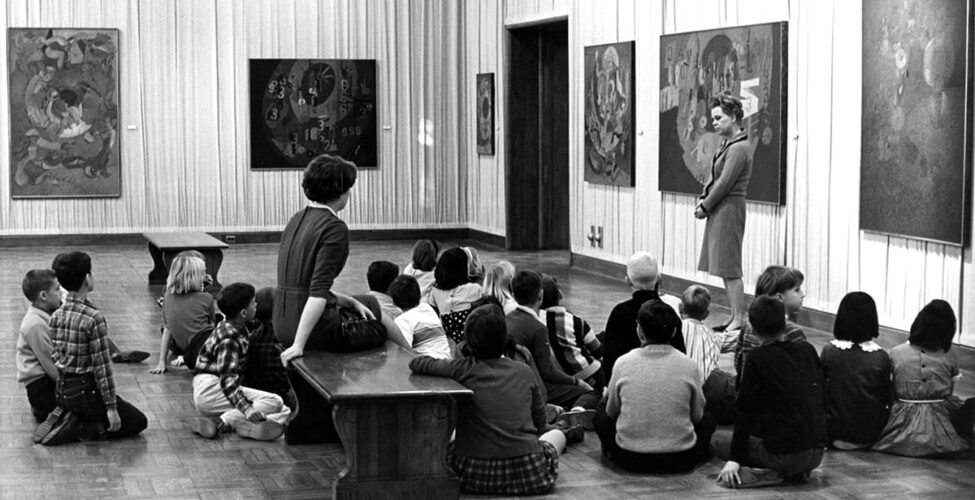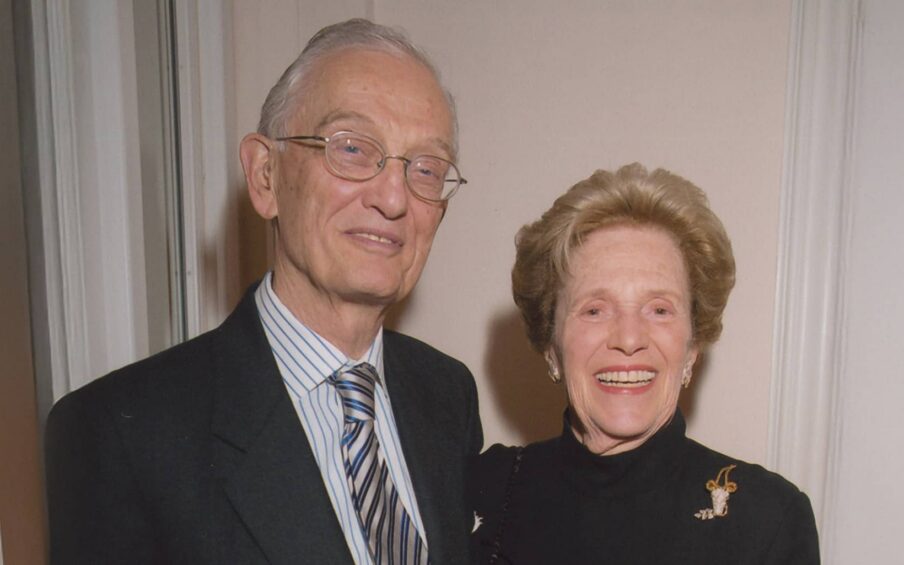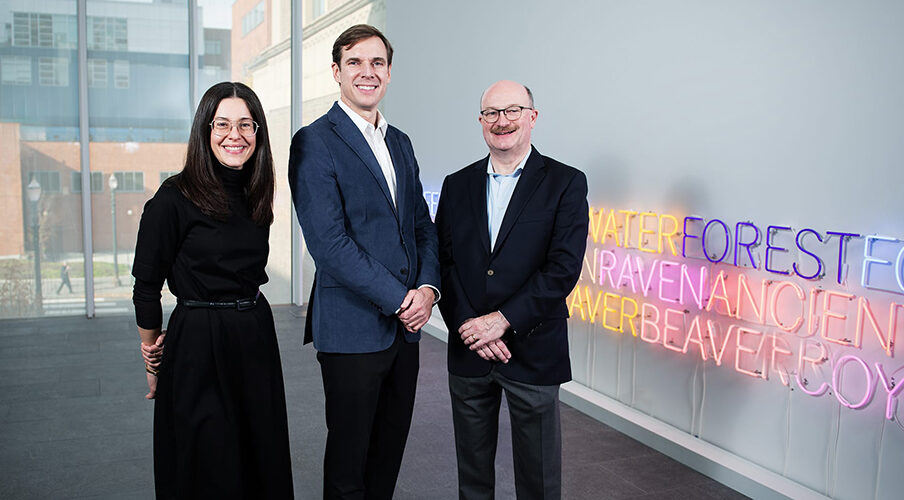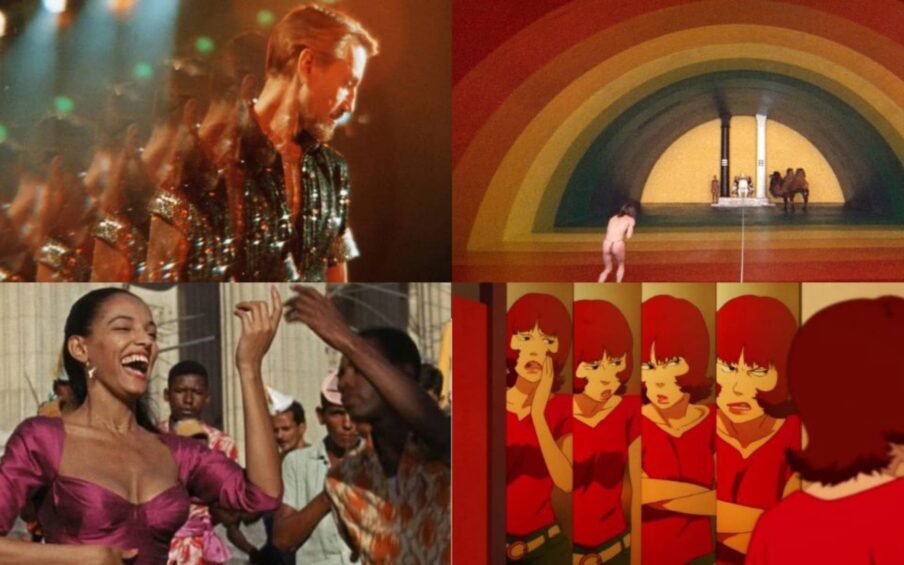Last week, the Museum and Northwest Film Center shared a message of solidarity with our Black community, staff, and partners in the wake of the deaths of George Floyd, Breonna Taylor, Ahmaud Abery, and far too many others. After posting that message to our social media channels, we received some questions, comments, and challenges that we responded to individually, and we want to share some of our responses more broadly.
Our Equity Statement acknowledges the role of the Museum in supporting systems of oppression and inequity over a 127-year history. What does that mean?
When members of our Equity Team wrote our current Equity Statement, we discussed the problematic history of museums and how to address it. At the heart of modern museum work is a tension between the mission to preserve the past, and a moral obligation to confront bias and inequities entangled with that inheritance. Museums of all kinds across the Western world (art, history, science) have historically highlighted certain stories (primarily European white male) while marginalizing and oppressing others (non-Western, Black, Indigenous, and People of Color). Elements of political, cultural, and economic systems maintain injustice and inequity through the control of power and resources, often resulting in limited access to and engagement with art and film.
Some examples of how our museum has participated in oppression include a lack of diversity in large sections of the permanent collection; a majority white staff, board, and volunteers; an overall lack of representation; and a history of inaccessibility.
There may be some who disagree with our acknowledgment of this museum’s and this country’s history of inequality and oppression. However, as an institution, we are unwavering on this stance. We hope that if you have a different viewpoint, you will take a moment to listen not only to what we have to say, but to the Black voices who have been disenfranchised and hurt within our own communities. We are committed to engaging with these conversations, to continually listen and learn, and to be a civic space doing the necessary and urgent work of combating racism.
While recent history reflects shifts in museums expanding narratives and perspectives, there is still much more work to do in creating truly inclusive spaces that reflect diverse collections, exhibitions, staffing, volunteers, and visitors. Feedback is a gift, and we take our commitment to transparency around our equity work seriously. Thank you to our community for holding us accountable.
Below are links to learn more about equity work at the Museum and Film Center.



